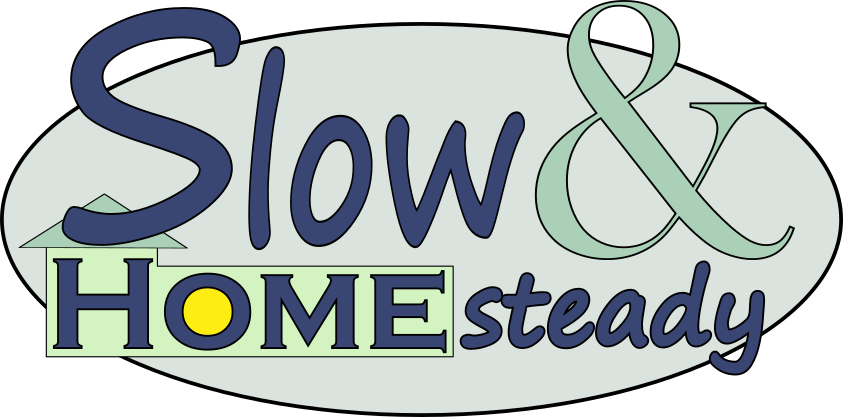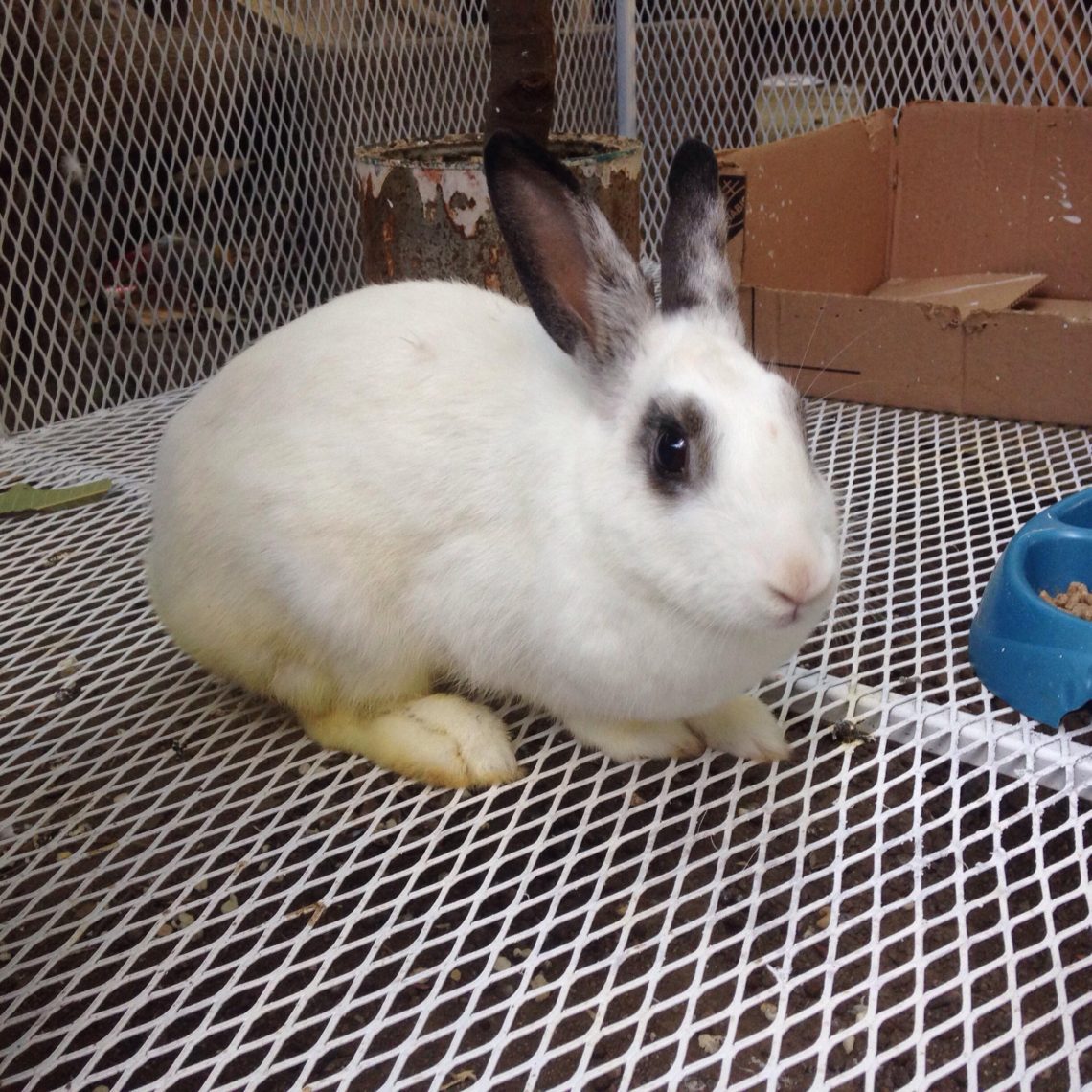
What Homesteading is to Us
What comes to your mind when you think of homesteading? Do you picture acres of corn and grazing cows? A small orchard with free range chickens scratching in the shade?
What about an apartment with a windowsill full with herbs, a cloth grocery bag filled with produce from the farmer’s market, and foraged fruit simmering on the stove while canning jars are prepared?
Which of these is a homestead?
Both of them, of course, because you don’t need a single square foot of land to homestead. Homesteading is about having a certain mindset, not having land. There are plenty of homesteaders without any land and land owners that aren’t homesteaders.
Here are a few of the things that homesteading are to us. We certainly aren’t experts on homesteading and don’t claim to have the final say in how this word is defined, but we would like to contribute to the conversation of what homesteading is.
It’s Being Financially Responsible
For us, being financially responsible is the first part of homesteading. Only when you’ve gotten this part down can you really start working on the rest.
There are three parts to being financially responsible when it comes to homesteading.
1. Get Out of Debt
Getting into pointless debt isn’t financially responsible. As you can read about in my story, we got ourselves way in over our heads when we built our home. So, now we’re working hard to get our debts paid off.
It’s certainly not easy. It means saying “no” to a lot of things that we want while we put every extra penny we make towards reducing our debts.
Although we’ll likely have to get into debt again to buy a bigger homestead someday, we’ll also be much smarter about it and make a better financial decision that won’t leave us feeling like we’re drowning.
2. Reduce Spending
Although we’re already doing this to get ourselves out of debt, we’re also going to continue this trend of focusing on buying only what we need or what will greatly benefit us in some way.
For two young people that had no responsibilities until recently, this has been a challenge. However, we’ve already done a lot of maturing when it comes to finances and know we need to keep getting better at this.
Reducing spending is vital to the success of a homestead because the whole point is to be self-sufficient. If you’re going out and buying every little thing you want, you’re getting trapped in consumerism and start to “need” things you just don’t.
One of the best ways we’ve found to do this is to use a cash-only system. This way, we know exactly how much money we have and when it’s gone, it’s gone! It really helps us avoid unnecessary expenses that we may have charged before.
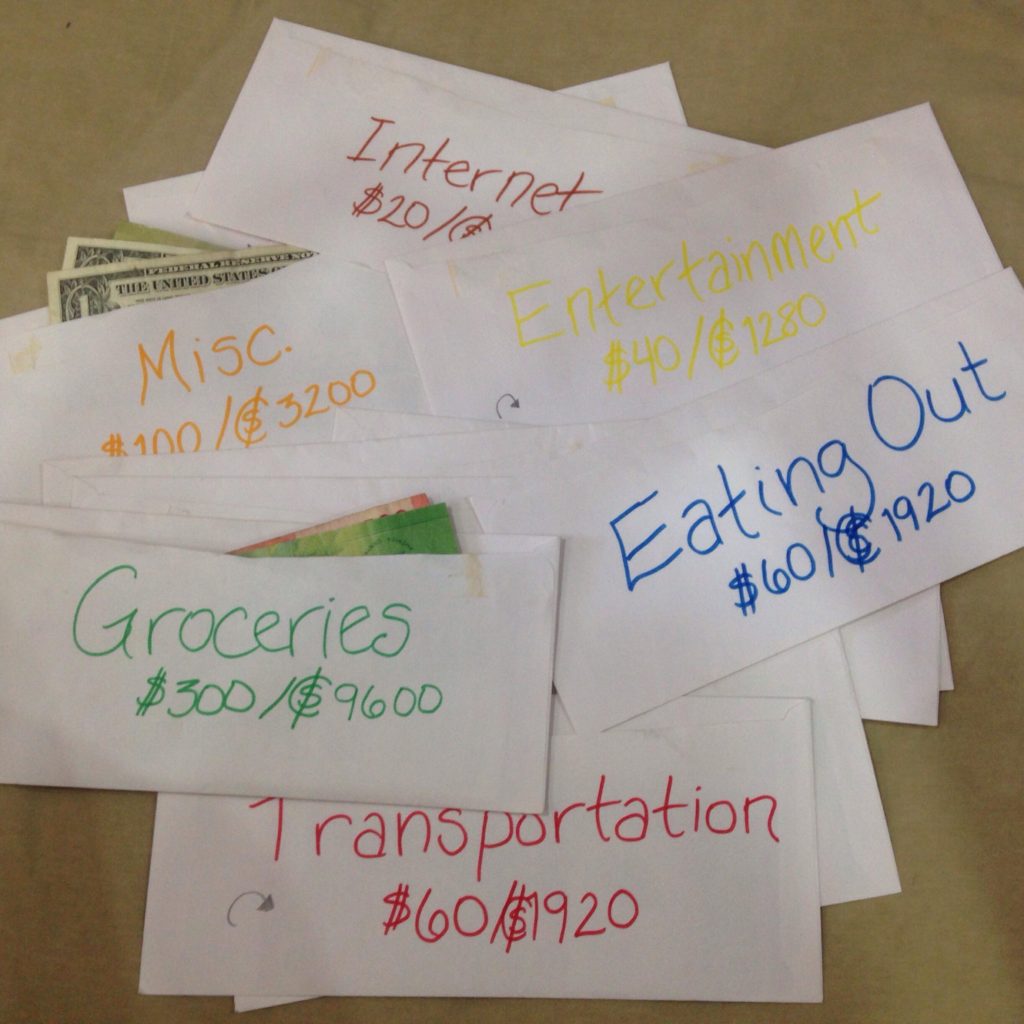
3. Create Passive Income Streams
This point can be summed up by one of my favorite quotes: work smarter, not harder.
To pursue our homesteading dreams, we’re working on setting up passive streams of income that will allow us to spend less time working for money and more time working on the homestead.
When you trade your time for money, it means less time can be spent truly enjoying life or pursuing your own dreams. But, if you can trade a smaller amount of time for a larger amount of money, you’ll have a LOT more time to do what you want.
This blog is part of this. Although we have a long way to go before we’ll start earning any income from our blog, we know it’s something we want to do and are working hard now for an eventual payoff.
It’s Reducing Our Impact on the Environment
Humans were charged by God to take care of the earth, and yet we seem to do a worse job every year. Between the plastic in the ocean and the massive deforestation, the impact we’re having on this planet is profound.
Every person must do their part to reduce the impact they’re having on the environment and to encourage others to do the same. Of course you don’t need to shove environmentalism down people’s throats, but being on the lookout for teachable moments will go a long way.
We’re nowhere near where we should be and where I’d like to be on this point. But, that’s what this journey is about. We’re starting right where we are and taking things one step at a time.
Even so, there are plenty of things we’re doing now to help reduce our impact on the environment:
- Our baby wears cloth diapers.
- All of our laundry is line dried.
- We use cloth towels and toilet paper.
- We don’t own a microwave.
- We each carry around a washable water bottle.
- We bring our own reusable shopping bags to get our groceries.
- We buy as many locally-grown whole foods as possible to reduce packaging waste.
It’s a start. Plus, we have plans in place to continue getting better at reducing our environmental impact which include using only reusable bags at the grocery store and finding a way to compost kitchen scraps (which is tricky with no land).
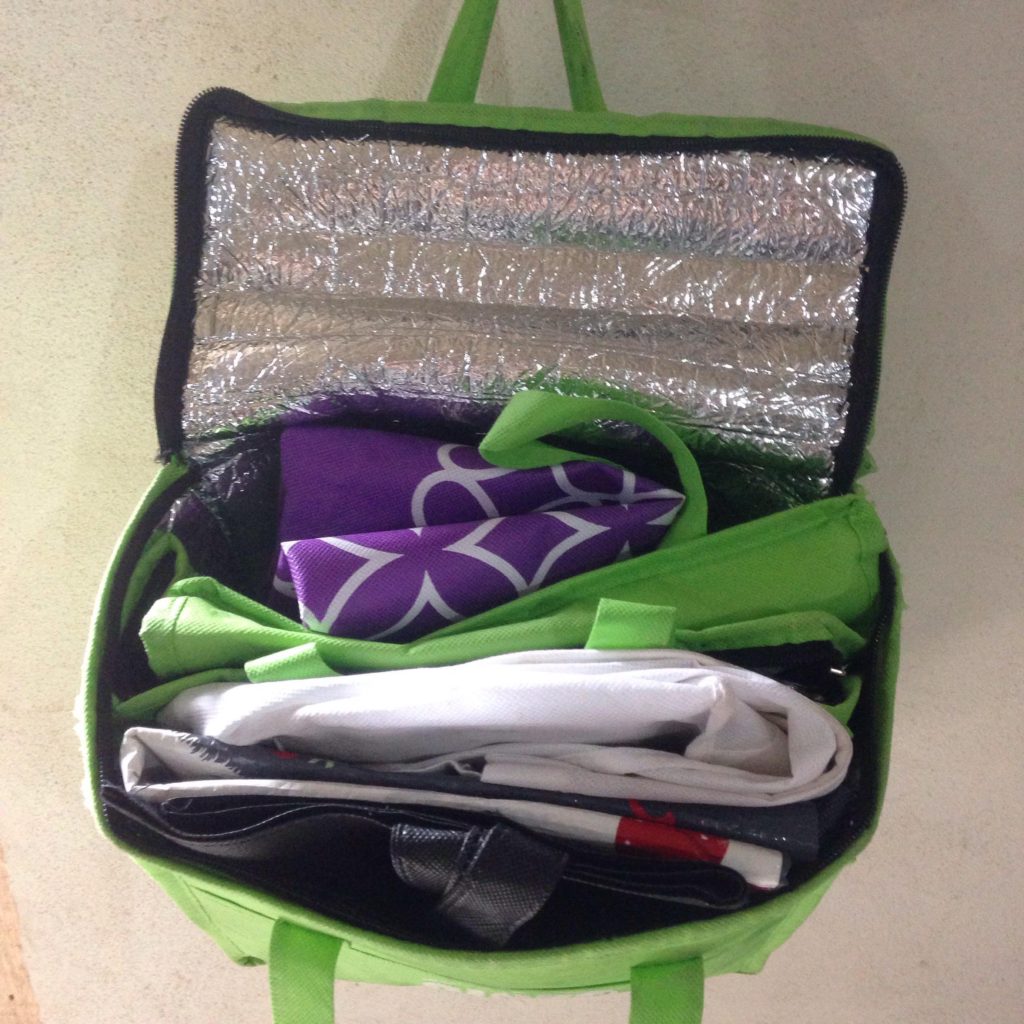
It’s Working Towards Self-Reliance
If your family can’t survive without help from the outside world for more than a few days, you could find yourself in trouble someday. Most people get lulled into a false sense of security but disasters can strike any country at any time.
What if you faced no electricity or running water? What if you weren’t able to get to the grocery store? How long and how well would your family survive without modern conveniences?
Being self-reliant means you can make it on your own. You don’t rely on the government, the power company, or Walmart to provide for you. Instead, you’ve created a way to get everything you need on your own.
For me, this is one of the main reasons why we homestead. I want to get to the point of not needing to rely on others for everything. I want to know that my family will be totally fine even when we can’t get outside help.
Right now, this is huge for us. The political turmoil in Nicaragua at the moment is insane. Things are slightly better than they were, but there’s no guarantee they’ll keep getting better or stay as they are now. So being prepared for anything isn’t unreasonable. It’s wise.
I have my list and we add a little to our stash every week. Little by little, we add dry and canned goods to a plastic bin so we can have them “just in case.” I would love to get them all at once, but we can’t afford that, so adding weekly will have to do.
There’s far more to it than that, though. It’s in our plans for the future to have an extensive garden so most of the vegetables we eat come from our own land. Plus, we want to have chickens for meat and eggs, goats for milk, and rabbits and fish for meat.
By being able to provide most of our own food, we never have to worry about relying on others or wonder what’s going into our food.
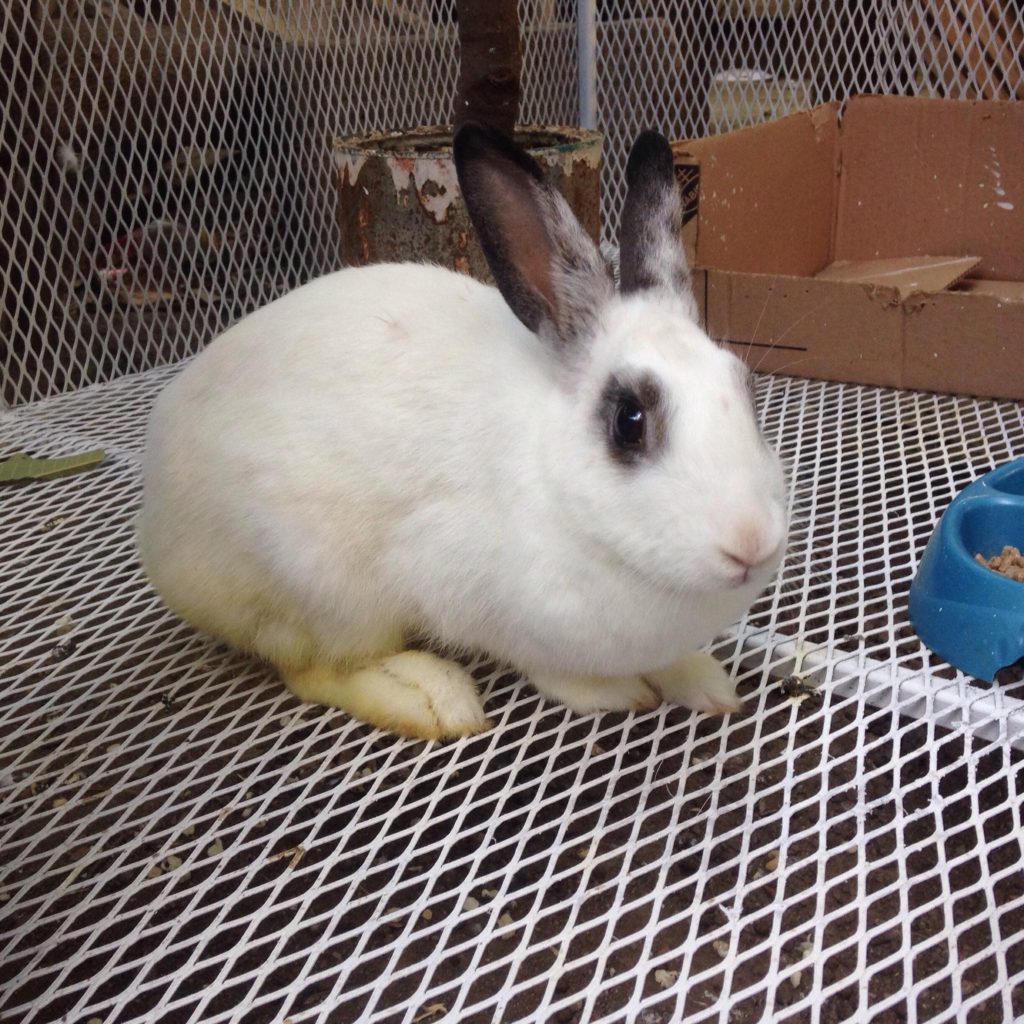
Putting it All Together
When all these work together, it’s our definition of homesteading. Getting our finances in order and reducing our impact on the environment help us become more self-sufficient so we can weather any storm and live healthier lives.
What’s your definition of homesteading? We’d love to hear what you think about ours and share yours. I’m excited to see how other people define it.
Fill out this quick form to let us know what your idea of homesteading is!

